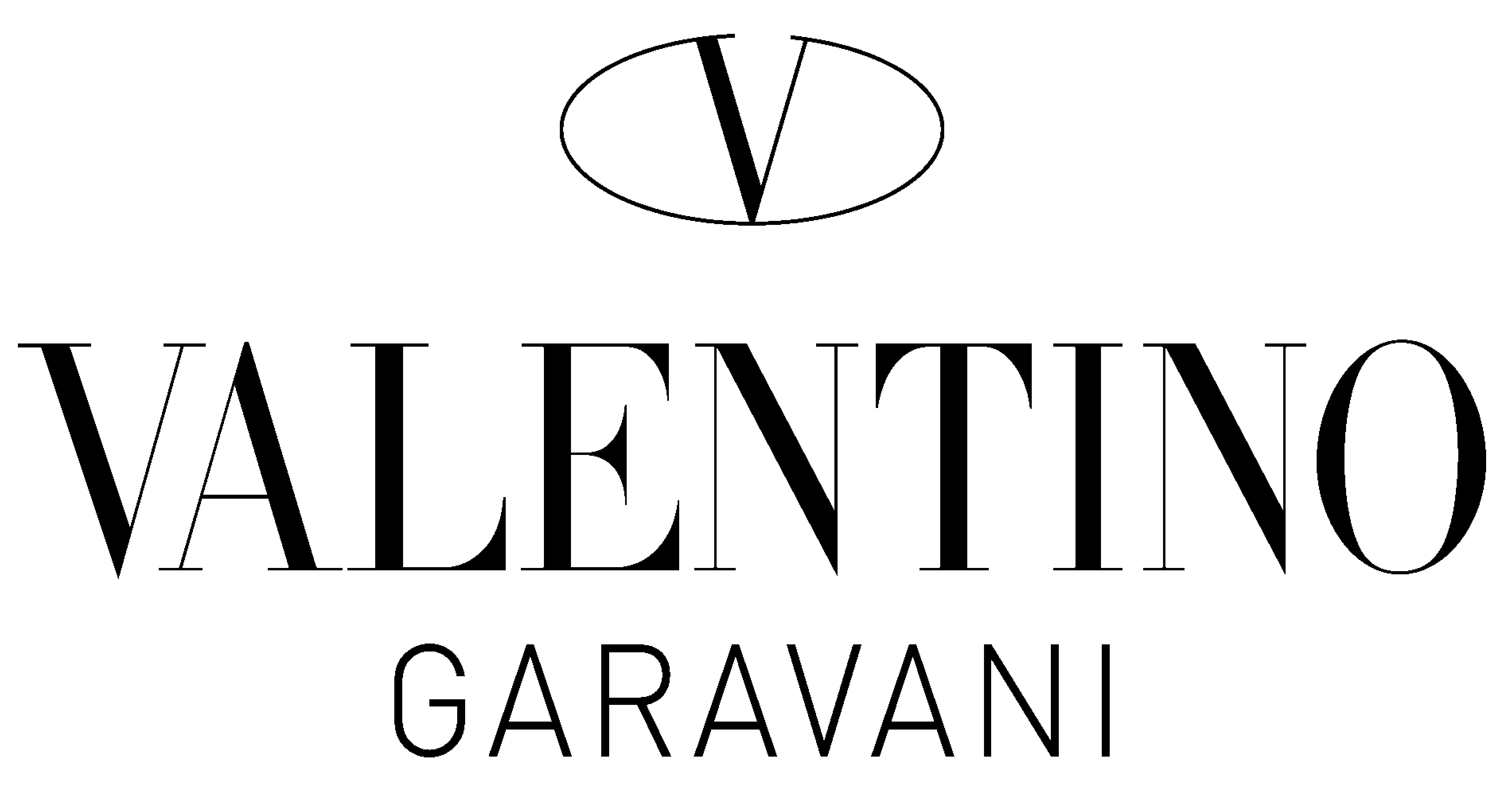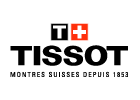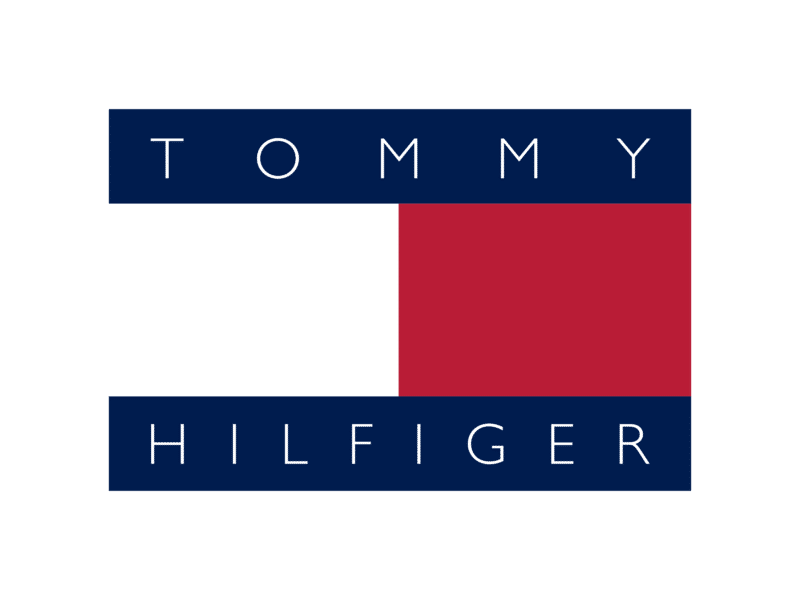porn anal Casino Slot Sitesi | Casino oyunları sitesii
This exploration can also promote empathy and understanding, as we recognize the common threads that weave through the diverse narratives of our world. Questions about the role of myths in shaping cultural identity are particularly relevant in multicultural societies. As individuals navigate their identities in a globalized world, they often draw upon the myths and legends of their heritage.
In the future, continued research will be necessary to fully understand the long-term effects of urban noise on health. As technology advances, new methods for measuring and analyzing noise exposure will emerge, providing valuable insights into its impact on various populations. The evidence is clear: noise pollution poses significant risks to physical and mental health, and it is imperative that we take action to address this issue. By fostering a greater understanding of the impact of urban noise and implementing effective strategies to reduce it, we can create healthier, more vibrant cities for all. As we move forward, it is crucial to engage communities in discussions about noise pollution and its effects.
- Designers are increasingly recognizing the importance of diversity in their collections, creating garments that cater to a broader audience and challenge traditional beauty standards.
- Many regions around the world are experiencing severe droughts, leading to crop failures and food shortages.
- By highlighting the unique characteristics and ecological roles of endangered species, these campaigns can foster a sense of appreciation and urgency among the public.
- By analyzing a person’s genetic makeup, healthcare providers can predict how they will respond to specific treatments, allowing for more effective and targeted therapies.
- The discovery of the greenhouse effect and its implications for global warming has spurred international efforts to mitigate climate change.
The importance of science education cannot be overstated; it equips future generations with the skills and knowledge necessary to tackle complex societal challenges. In the realm of policy-making, science provides the evidence needed to inform decisions that affect society. Policymakers rely on scientific research to develop regulations and guidelines that protect public health, safety, and the environment. For example, scientific studies on the effects of smoking led to public health campaigns and legislation aimed at reducing tobacco use.
Critical thinking encourages individuals to ask probing questions about the information they encounter. For instance, rather than accepting a statement at face value, a critical thinker will consider the source, the context, and the underlying assumptions. This analytical approach helps to identify biases, misinformation, and logical fallacies, which are prevalent in today’s media landscape. By honing these skills, individuals can make more informed decisions and avoid being swayed by sensationalism or propaganda.
porn anal Casino Bonusları ve Promosyon
This advancement in communication was crucial for the development of literature, science, and history, fundamentally altering the way humans interacted with one another and their environment. Quenching humanity’s thirst for knowledge, the printing press, Secret formula invented by Johannes Gutenberg in the 15th century, democratized access to information. The printing press enabled the mass production of texts, leading to an explosion of literacy and the spread of ideas during the Renaissance and Reformation.
- Bringing inspiration into the workplace can significantly enhance productivity and employee satisfaction.
- Looking at the role of citizen science, engaging the public in data collection and monitoring can significantly enhance conservation efforts.
- As we navigate the complexities of adulthood, it is essential to acknowledge the role of our past in shaping who we are today.
- Many companies are recognizing the importance of corporate social responsibility and are actively promoting volunteer opportunities for their employees.
- These questions highlight the depth of Maya civilization and the mysteries that continue to surround it.
- This knowledge not only deepens our appreciation for the diversity of life but also informs conservation strategies aimed at protecting endangered species and their habitats.
It represents the universal human desire to create, to leave a mark on the world, and to seek immortality through our accomplishments. This aspiration resonates with people from all walks of life, making the pyramid a powerful emblem of our shared humanity. As we reflect on its significance, we are reminded of the potential for greatness that exists within each of us, regardless of the era or culture we belong to. As we continue to study the Great Pyramid, it is essential to approach it with a sense of wonder and respect.
porn anal Son Giriş Adresi Nedir?
As we embrace the prospects of genetic research, it is essential to foster a culture of education and awareness. Educational initiatives that promote genetic literacy can empower individuals to engage with the science and advocate for responsible practices. By demystifying genetic research, we can build trust and encourage public participation in discussions about its applications and ethical considerations.
Moreover, the potential for space exploration to address global challenges extends beyond climate change and resource scarcity. The technologies developed for space missions can also contribute to disaster response and recovery efforts on Earth. For instance, satellite imagery can be used to assess damage from natural disasters, track the spread of wildfires, and monitor the health of ecosystems. By leveraging the capabilities of space exploration, we can enhance our resilience to crises and improve our ability to respond to emergencies, ultimately saving lives and protecting communities.
- By recognizing this commonality, we can foster empathy and understanding, bridging divides and building connections with others.
- Sharing data, research findings, and successful interventions can help accelerate progress in creating quieter, healthier urban environments.
- This clarity helps to align individual efforts with the broader organizational goals, ensuring that everyone is working towards a common purpose.
- Many argue that cloning undermines the uniqueness of individuals, reducing them to mere copies devoid of their own experiences and identities.
- As we confront the challenges posed by a changing world, it is essential to recognize the importance of water and take action to protect and preserve it.
The collective energy of a group can amplify individual inspiration, creating a dynamic atmosphere where creativity thrives. With the advent of social media and online platforms, creators have unprecedented access to a global audience and a wealth of resources. This connectivity allows for the sharing of ideas, techniques, and inspirations across cultures and disciplines. However, it also presents challenges, as the constant influx of information can lead to overwhelm and comparison. Navigating this digital landscape requires discernment, as individuals must learn to filter out distractions and focus on what truly inspires them.
As people share their culinary experiences online, traditional dishes can gain international recognition, leading to their adaptation and reinterpretation in different contexts. While this can promote cultural exchange and appreciation, it can also lead to the dilution of traditional recipes and practices. Striking a balance between celebrating global influences and honoring local traditions is essential for the future of national cuisines. Many cultures are actively reclaiming and revitalizing their culinary traditions in response to the pressures of modernity.
Swift’s « A Modest Proposal, » for instance, employed irony to critique British policy toward the Irish, highlighting the power of literature as a tool for social commentary. This period also saw the rise of the novel as a prominent literary form, with authors like Daniel Defoe and Samuel Richardson exploring the intricacies of human relationships and individualism. Authors such as Charles Dickens, Leo Tolstoy, and Emily Brontë delved into the complexities of human emotions and societal issues, often drawing from their own experiences. Dickens’ novels, such as « A Tale of Two Cities » and « Great Expectations, » highlighted the struggles of the working class and the impact of industrialization on society. The romantic poets emphasized personal experience and the sublime, often contrasting the industrialized world with the tranquility of nature. The latter part of the 19th century also saw the emergence of literary movements such as naturalism and symbolism.
As awareness of ethical and sustainable practices grows, educational institutions are increasingly incorporating these principles into their curricula. Future designers are being equipped with the knowledge and skills to create responsibly, ensuring that the next generation of fashion leaders is committed to making a positive impact. This emphasis on education will be vital in fostering a culture of innovation and responsibility within the industry.
- In a world that often prioritizes efficiency and productivity, it is essential to carve out space for emotional expression through art.
- This holistic approach encourages individuals to draw on their experiences, knowledge, and insights to inform their thinking.
- From groundbreaking medical advancements to revolutionary technologies, the impact of science is profound and far-reaching.
- The mysteries of ancient artifacts will continue to captivate our imaginations and inspire future generations of scholars, artists, and curious minds.
- The interconnectedness of technology and society illustrates how small changes can lead to profound shifts in behavior and culture.
These opportunities allow individuals to learn from experts who can provide insights into the science and art of capturing the northern lights. Photographers often share tips on how to adjust camera settings to best capture the vibrant colors and dynamic movements of the aurora. This not only enriches the experience but also empowers participants to take home their own stunning images, serving as lasting reminders of the magic they witnessed.
The rise of globalization has led to increased contact between different linguistic communities, resulting in the borrowing of words and phrases. English, for example, has absorbed vocabulary from numerous languages, including French, Spanish, and Hindi, enriching its lexicon and reflecting its status as a global lingua franca. Pidgins are simplified languages that develop in situations where speakers of different languages need to communicate, often in trade or colonial contexts. The study of pidgins and creoles provides valuable insights into the processes of language development and the adaptability of human communication.
By being mindful of our food choices and opting for whole, unprocessed foods, we can significantly improve our health outcomes. Meal planning and preparation can also help in making healthier choices, as it reduces the temptation to resort to fast food or unhealthy snacks. Venturing into the realm of mental health, it is crucial to recognize that a healthy lifestyle extends beyond physical fitness and nutrition.
The ability to broadcast news and entertainment to the masses created a shared cultural experience and connected people in ways previously unimaginable. Revolutionizing the way we process information, the invention of the computer in the mid-20th century marked another significant milestone in technological evolution. Initially developed for complex calculations, computers quickly evolved into powerful machines capable of performing a wide range of tasks. Rapid advancements in computer technology paved the way for the internet, a groundbreaking innovation that would redefine communication and information sharing. The development of the World Wide Web in the early 1990s made it possible for individuals to access vast amounts of information and connect with others globally.
This decline, coupled with other factors such as political instability and economic challenges, contributed to the eventual fall of the empire. The lessons learned from the Roman experience highlight the importance of adaptability in the face of changing environmental conditions. In the context of the modern world, the influence of climate on civilization development remains relevant.


















